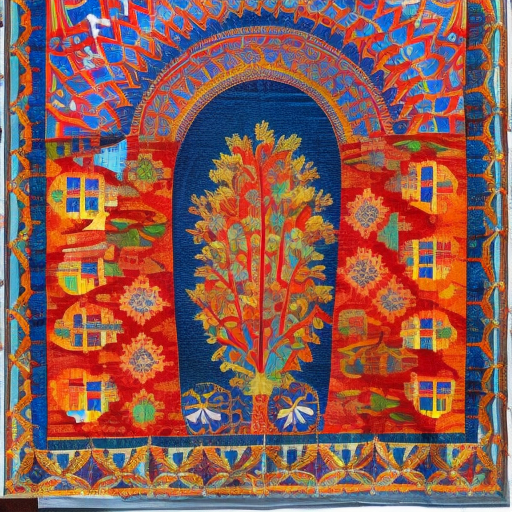Cultural Diplomacy:
Cultural diplomacy refers to the use of cultural exchanges, arts, and other cultural activities to foster understanding and build relationships between nations. It is a form of soft power that aims to promote a country’s values, ideas, and traditions abroad. Cultural diplomacy can be conducted by governments, non-governmental organizations, and individuals, and it plays a crucial role in shaping international relations and promoting global cooperation.
History of Cultural Diplomacy:
Cultural diplomacy has a long history, dating back to ancient civilizations. In ancient Greece, for example, cultural exchanges and festivals were used to build alliances and establish diplomatic relations. In the modern era, cultural diplomacy gained prominence after World War II as a means to prevent conflicts and promote peace. The establishment of organizations such as UNESCO (United Nations Educational, Scientific and Cultural Organization) in 1945 further emphasized the importance of cultural diplomacy in fostering international understanding.
Objectives of Cultural Diplomacy:
The main objectives of cultural diplomacy are to promote mutual understanding, respect, and trust between nations, as well as to enhance a country’s image and influence abroad. By showcasing a country’s cultural heritage, traditions, and contemporary arts, cultural diplomacy aims to create a positive perception of a nation and its people. It also seeks to facilitate dialogue and cooperation on various issues, such as education, science, and human rights.
Tools and Strategies of Cultural Diplomacy:
Cultural diplomacy employs various tools and strategies to achieve its objectives. These include cultural exchanges, exhibitions, festivals, performances, educational programs, and language courses. Cultural institutions, such as museums, theaters, and libraries, play a crucial role in organizing and facilitating these activities. Additionally, cultural diplomacy often involves the support and promotion of artists, writers, and intellectuals who can act as cultural ambassadors and bridge cultural gaps.
Impact of Cultural Diplomacy:
Cultural diplomacy has a significant impact on international relations. It helps to build trust and understanding between nations, fostering a sense of shared humanity and common values. By promoting cultural diversity and intercultural dialogue, it can contribute to the resolution of conflicts and the promotion of peace. Cultural diplomacy also has economic benefits, as it can boost tourism, trade, and investment by attracting visitors and creating opportunities for cultural industries.
Challenges and Criticisms:
Despite its many benefits, cultural diplomacy faces several challenges. One of the main challenges is the potential for cultural imperialism, where dominant cultures may overshadow or suppress local cultures. Critics argue that cultural diplomacy can be used as a tool for propaganda or to advance political agendas, rather than promoting genuine understanding. Furthermore, the effectiveness of cultural diplomacy in achieving its objectives is difficult to measure, as its impact is often intangible and long-term.
Examples of Cultural Diplomacy:
Numerous examples of cultural diplomacy can be found throughout history. One notable example is the establishment of the British Council in 1934, which aimed to promote British culture and education abroad. Another example is the Jazz Ambassadors program initiated by the United States during the Cold War, where American jazz musicians were sent on international tours to showcase American culture and values. Today, cultural diplomacy continues to be practiced by many countries, with initiatives such as cultural festivals, art exhibitions, and exchange programs.
In conclusion, cultural diplomacy is an important tool for promoting understanding, cooperation, and peace between nations. By utilizing cultural exchanges, arts, and other cultural activities, countries can build relationships, enhance their image, and foster dialogue on a global scale. While facing challenges and criticisms, cultural diplomacy remains a powerful means of shaping international relations and promoting cultural diversity.












